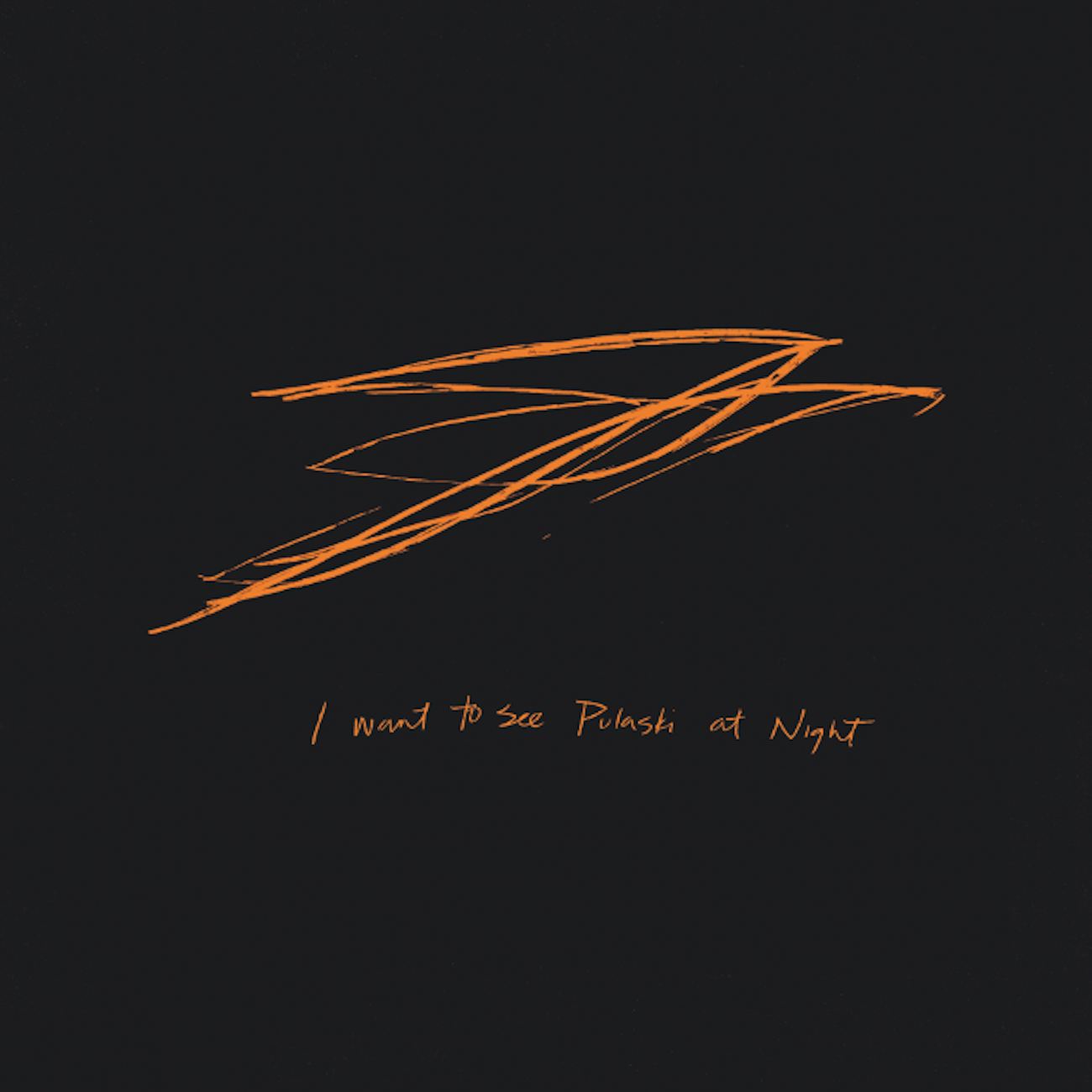The phrase “Pulaski at Night” first appeared in Andrew Bird’s music fifteen years ago, back on his debut album Thrills with his now disbanded Bowl of Fire. It appeared on the chirpy, washboard-led “Cock o’ the Walk,” a track fairly (but not completely) detached from Bird’s current style and even more separated from the song where the phrase makes it returns into Bird’s consciousness. The 1998 Bowl of Fire track would be more suited to a 1920’s Charleston routine whereas the lead track to Bird’s new I Want To See Pulaski At Night EP is a testament to the growth and subtle advancement of his violin loop-led style.
Like most instances where Bird reuses a phrase – both lyrical and musical – it gives a clear indication how Bird works at the time. If you consider the transformation Weather Systems’ “I” made into “Imitosis” from 2007’s wistful and woefully understated Armchair Apocrypha, you see a musician unafraid to build and work with more density; “Skin” into “Skin, Is My” shows someone able to deconstruct and even find humour in music from their past. The only instance where Bird falls flat with this technique of renewal/recycling was when he turned “The Confession” into the “The Privateers” on 2009’s Noble Beast, turning it into a flat-rock extended breath. “Pulaski at Night” lands on the better side of this spectrum. It’s nowhere near as fun “Cock o’ the Walk,” sure, but fun and high-spirited hotpot jazz were the name of the game when Bird was playing with his Bowl of Fire. “Pulaski at Night” boasts not only a dynamic sense of movement, but also feels like an important stepping stone for Bird. It’s not his best single track to date – far from it, I daresay – but for any devoted fan, the nuances are worth noting: his voice leans on being shrill at times, unafraid to colour outside the edges of what can often be polite rambling; his spiralling violin motif reinvigorates in a way that recalls the equally important transitionary track “The Trees Were Mistaken” (from the 2007 Solider On EP); and the buoyant rhythm tracks fuse together his folk-ier leanings with drummer Martin Dosh’s innovative textures.
The only real failing that can be put to “Pulaski at Night” is its lyrical content. It doesn’t detract from the song, but rather, just fails add to the fire. While the mention of Chicago city street lamps and light and shadows do make for an almost picturesque image of Bird travelling from city to city on tour, his usual wordplay takes a rest, meaning that avenues of imagination are only ignited so much. But, at the same time, wordplay doesn’t seem to be the point here. If anything, the track comes off as love letter to Bird’s hometown, if not just the experience of touring all over America (and beyond).
Pulaski At Night isn’t a single track affair, though. Surrounding the title track are six instrumental passages written and recorded at the same time, ranging from one to eight minutes long. “Hover I” glides by like something from Peter Gregson’s Terminal, all airy and cast in the light a clear, warm winter day while “Lit From Underneath” boasts whistling that glimmers, like’s Bird’s glockenspiel is hiding somewhere right in the back of the mix. The bookending “Ethio Intervetion” tracks are the most elaborate and expansive things here, clocking in at seven and eight minutes long. They do carry a sound that seems to forward the melodies and ideas explored on the similarly titled Fingerlings 4 track “Ethiobirds.” Of the two, “Ethio Intervention No. 1” is probably just that bit weaker, leaning on being a little cumbersome at time. “Ethio Intervention No.2,” however, seems to mine the work set up on the first track deeper, if not reaching more outwards by playing more with slowed-down tempos.
These six instrumentals are pleasant if not pretty in the usual way an Andrew Bird instrumental track might be (putting aside the more memorable lasting content from his instrumental Useless Creatures album for a moment). The nuance once again comes into play, and there’s plenty of simple touches that fans will appreciate hearing, such as the background piano which tries to keep up with Bird’s pizzicato on “Hover II,” the aforementioned timbre of Bird’s whistling on “Lit From Underneath,” the speckled oriental riff that opens “Ethio Intervention No. 1,” or just the sound of his looping pedal being clicked in real time. If anything the track give context to “Pulaski at Night,” narrating Bird’s mindset at the time of the track’s creation. And “Pulaski at Night” does that too, marking another footstep in Bird’s expansive musical career. If not just showing how much he’s changed since “Cock o’ the Walk,” it eludes to where his muse might take him next.

